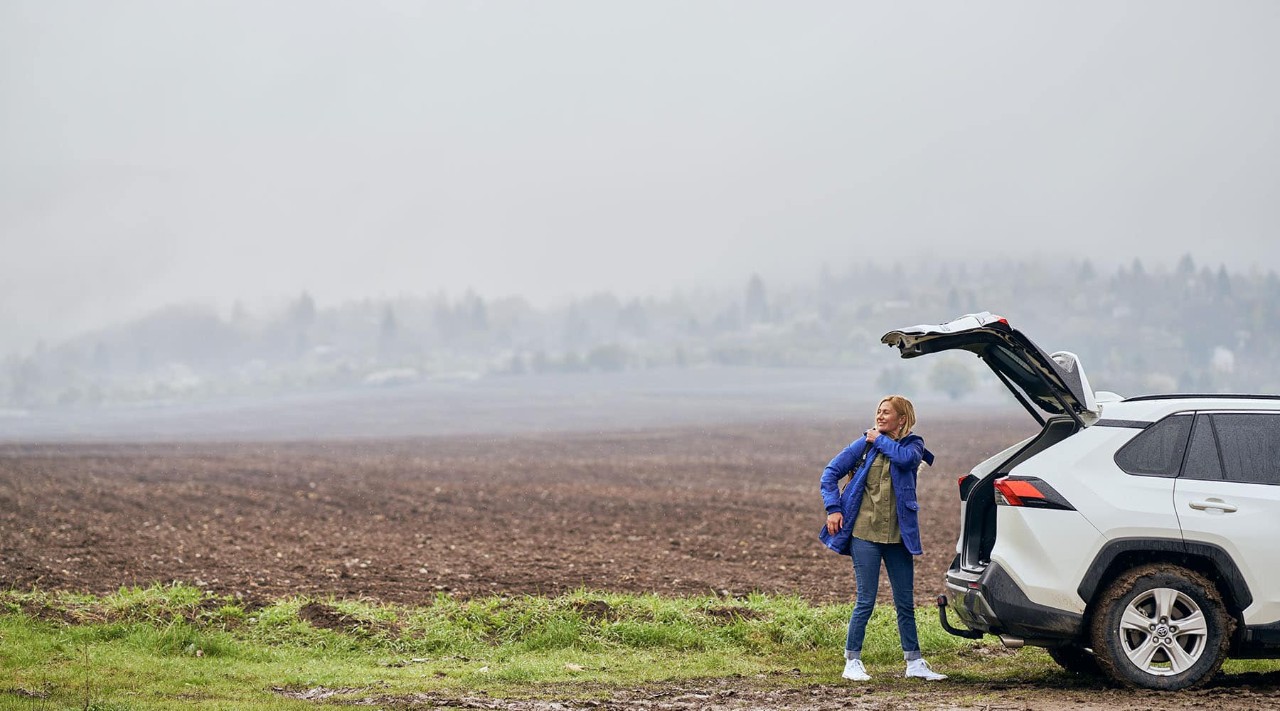By Angela Hickey, April 2023
April is National Pet First Aid Awareness Month, so it is a good time to stop and think about possible emergency situations that could happen to your pet and what you would do to help them before a vet can treat them?
The most common causes for emergency visits to vets are as follows:
- Eating Foreign Bodies – dogs chew at items like toys, sticks, clothes etc., and may swallow them, causing an obstruction. Cats often swallow wool or thread, which can cause a lot of damage in the gut.
- Soft tissue and bone injuries - from road traffic accidents, falls etc.
- Bite and fight wounds – from other animals
- Poison and toxin ingestion – many items around the home are toxic, including human food items.
You can prevent problems by being aware of the potential risks to your pet and keeping your pet’s environment as risk free as possible.
Our in-house vet has put together a list of 5 things to think about this April regarding First Aid for your pet:
- Be prepared – make sure you have your vets’ emergency numbers easily available. Call and let them know what is happening and follow their advice. Always aim to have your pet seen by a vet as soon as possible, only giving first aid to help until you get to your vet.
- Always stay safe yourself. Remember that a pet in pain may become aggressive so be careful and use muzzles on dogs and wrap cats in towels to avoid being bitten or scratched. If in doubt about moving your pet get advice over the phone from your vet.
- Keep a well-stocked First Aid Kit available at home and bring it with you on holidays with your pet, hikes to remote areas etc. Check it regularly to keep the contents up to date.
- Attend Pet First Aid Courses and make use of good online resources to learn how to do the Heimlich Manoeuvre and CPR on your pet, which could be life-saving if they are choking and not breathing.
- Always follow up by visiting your vet in case of any residual damage to your pet’s health and the possible need for further investigations and treatment.
Being aware of the risks and preventing them is always the best approach, but accidents and injuries may still happen. First Aid can be an immediate and life-saving response once you are prepared and know what to do. It is also important to make sure to check that your first aid kit is all stocked up in advance of any emergencies that may occur. For more information and tips on this, read our blog ‘First Aid Kit for Pets’.
Unfortunately, sometimes more serious incidents occur that pet owners may have to deal with.
Information correct as of date of publishing. This blog will not be updated or edited so the information may become outdated.





